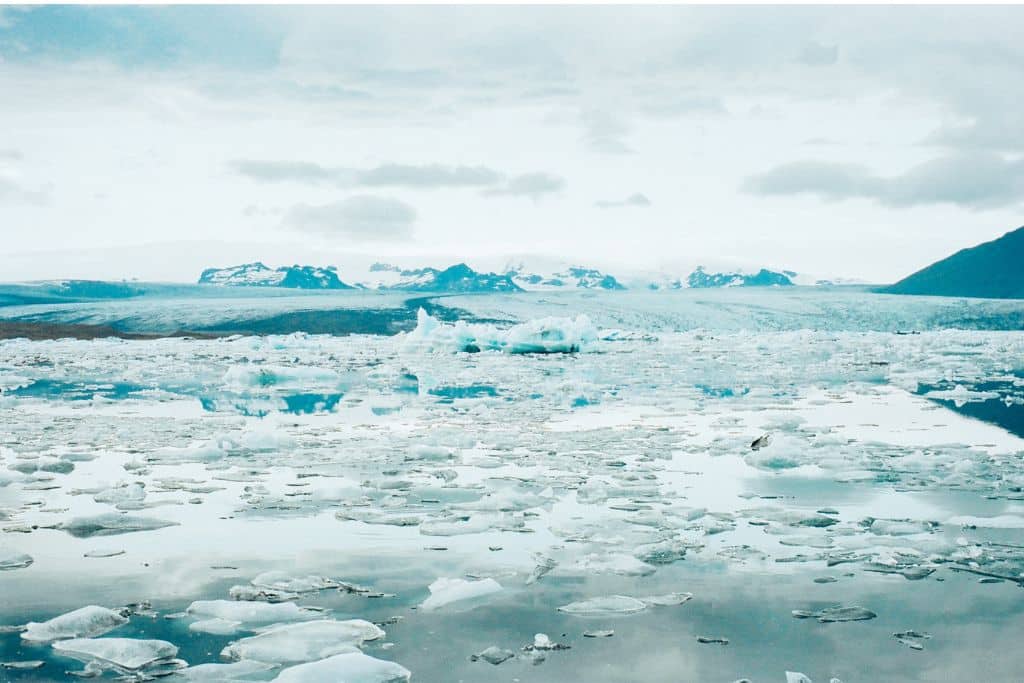The collapse of Antarctica’s Doomsday Glacier, which a new study found to be melting at a worrisome rate, would result in catastrophic sea level rise.
—
West Antarctica’s Thwaites Glacier – nicknamed the “Doomsday Glacier” because of the catastrophic impact of its potential collapse on sea levels – is melting rapidly and in unexpected ways, new research found.
A team of 13 scientists led by Britney Schmidt, associate professor at Cornell University, spent nearly two months on the glacier in late 2019 and early 2020. Using an underwater robot vehicle, they monitored the glacier’s grounding line, the point at which an outlet glacier no longer lies on bedrock but starts to float over an open body of water as an ice shelf. It is the first time a team has reached the grounding line of a major glacier, the behaviour of which has previously been monitored exclusively through satellite images.
What Happens If Doomsday Glacier Melts?
The new study, published on Wednesday in the scientific journal Nature, reveals that warm water is seeping into the glacier’s crevasses and other openings known as terraces, threatening its demise and a significant rise in sea levels. Indeed, alterations in the grounding line can result in very rapid and potentially catastrophic changes in glacier and ice-shelf behaviour.
At 80 miles across, Thwaites is the widest glacier in the world – roughly the size of Florida. Its collapse represents more than half a metre (about 1.6 feet) of global sea level rise potential but scientists warn that it could also destabilise neighbouring glaciers, leading to a further three-metre (9.8-foot) rise.
“That is the kind of thing we should all be very concerned about,” said Schmidt.
Antarctica Is Headed for a Climate Tipping Point
A study published in September 2022 found that exceeding 1.5C of global warming could trigger multiple climate tipping points, including Amazon dieback, thawing permafrost, and the collapse of the West Antarctic ice sheet (WAIS).
The UN’s World Meteorological Organisation (WMO) reported that temperatures in Antarctica have increased by almost 3C over the past 50 years, with glaciers experiencing an accelerated retreat. Because the Antarctic ice sheet contains 58 metres (190 feet) of sea level rise equivalent over several centuries, scientists are growing worried about its recent behaviour.
Its mass losses of ice between 1992 and 2011 accounted for 4mm of sea level rise and almost 18% of the total global sea level rise in the period 2012-2017, a study found. By the end of the current century, the melting of the Antarctic ice sheets could contribute up to one metre (3.3 feet) to sea level rise.
Besides sea levels, melting glaciers in the Antarctic region could result in significant biodiversity loss, as thousands of animal species are dependent of the ice pack.
You might also like: The Tipping Points of Climate Change: How Will Our World Change?


















